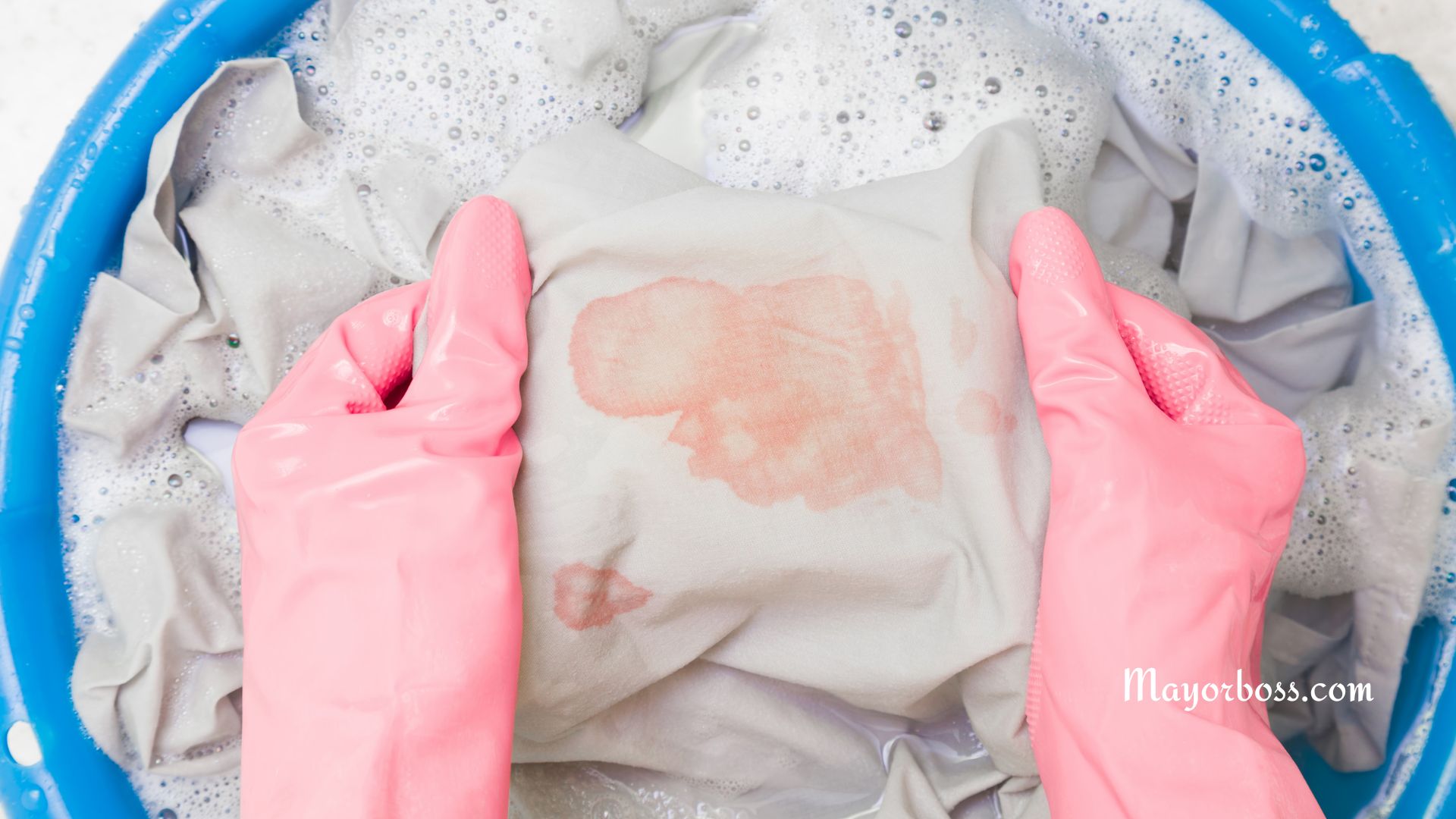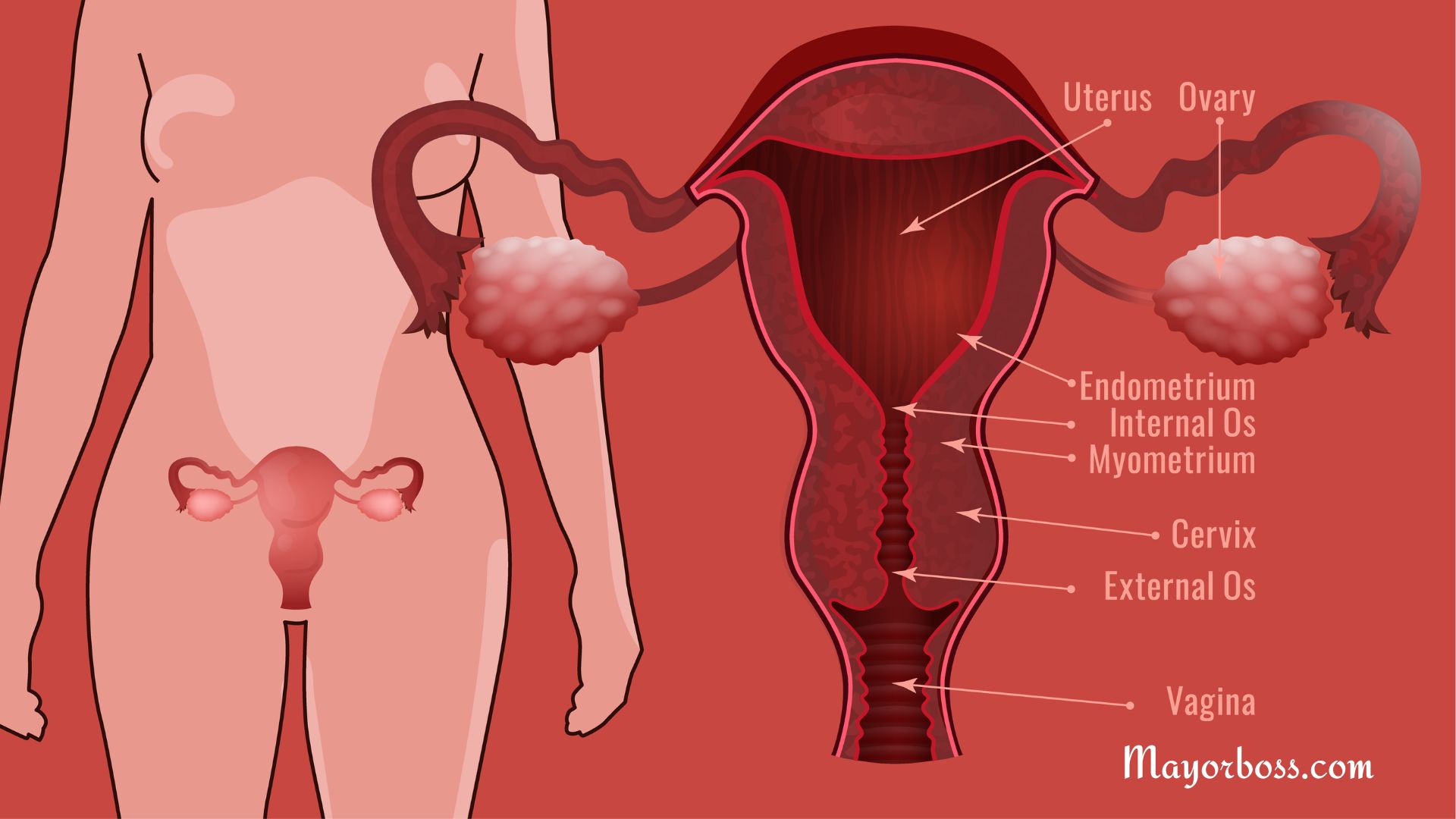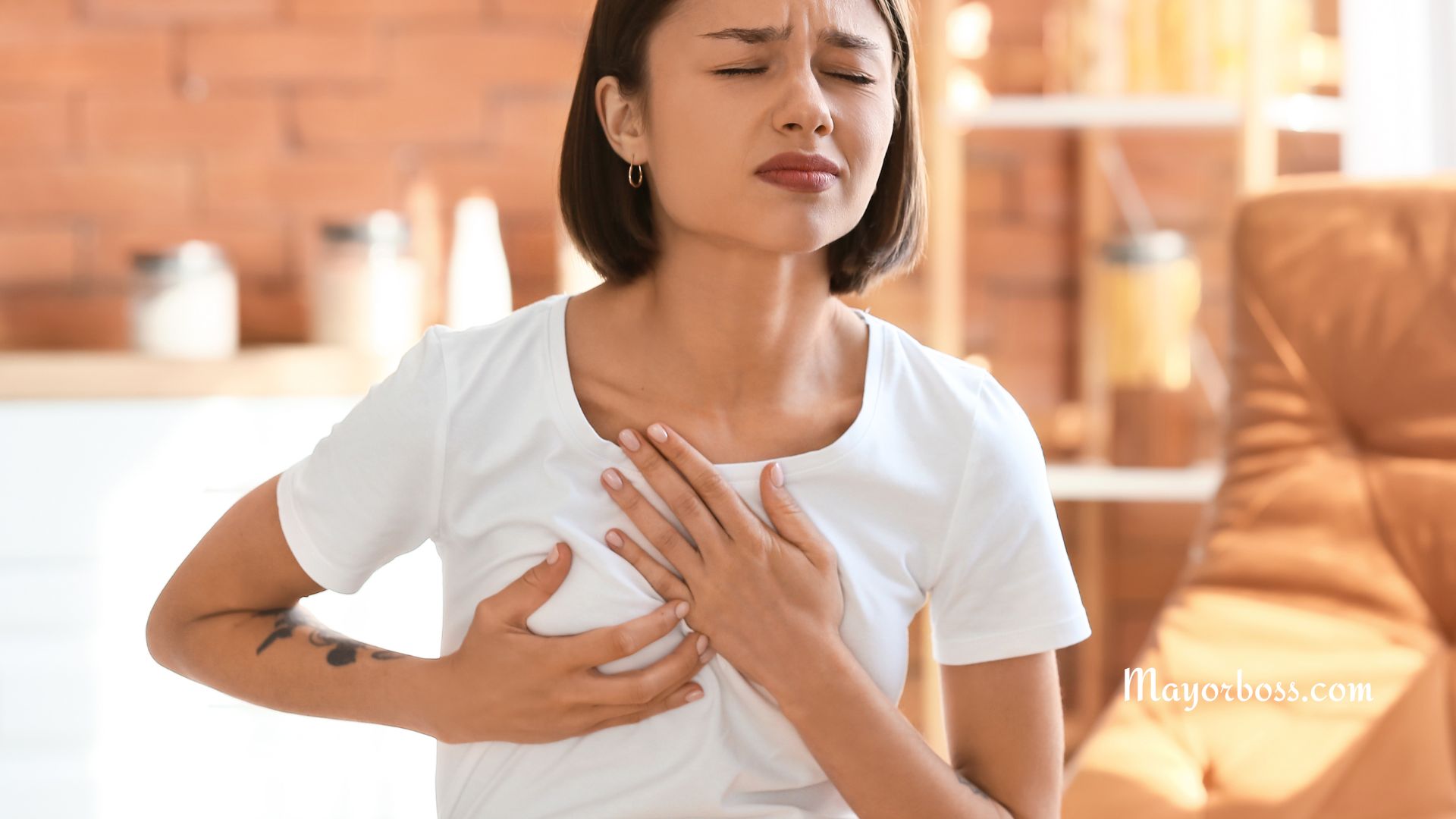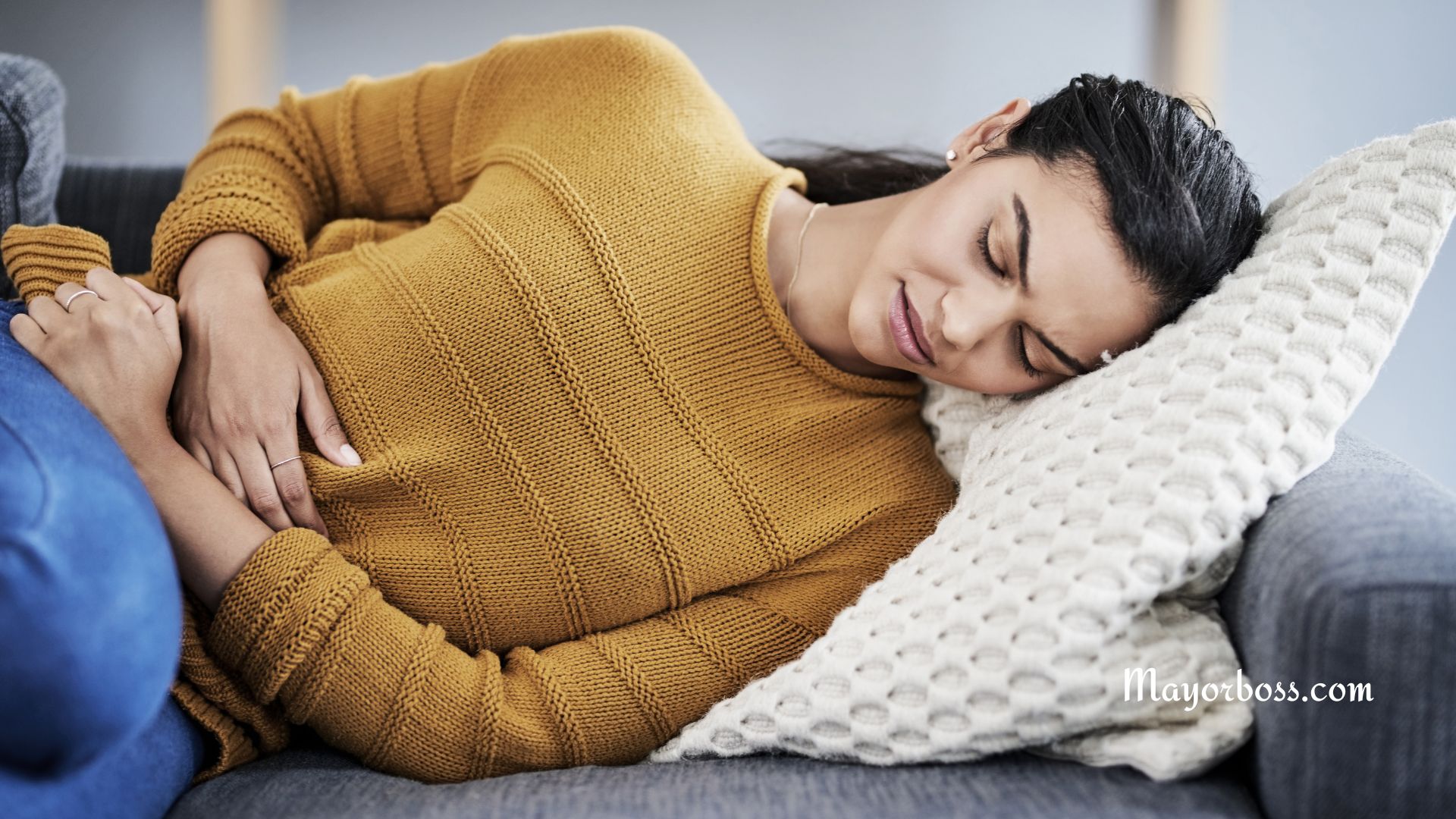How Many Days After Your Period Can You Get Pregnant?
As a physician who specializes in family medicine, I often get questions from young women about their menstrual cycle and pregnancy. One of the most common questions I get is, “How many days after my period can I get pregnant?”
Understanding Your Menstrual Cycle
Before I can answer that question, it’s important to understand the menstrual cycle. The menstrual cycle is the monthly hormonal cycle that a woman’s body goes through to prepare for pregnancy. The cycle is typically 28 days long, but it can vary from woman to woman.
The cycle starts on the first day of your period and ends on the day before your next period. During this time, your body goes through several changes that prepare the uterus for a possible pregnancy. If you ovulate during this time, and sperm fertilizes an egg, you can become pregnant.
When Do You Ovulate?
Ovulation is the process in which an egg is released from the ovary and travels down the fallopian tube. This is the time when you are most likely to get pregnant.
Ovulation typically occurs about 14 days before your next period. However, this can vary from woman to woman. Some women ovulate earlier or later in their cycle, which means that their fertile window may be shorter or longer than the typical 5-7 days.
So what are the signs of ovulation? Some signs that you may be ovulating are changes in your cervical mucus, a rise in body temperature, increased libido, and sensitivity or tenderness in the breasts. These are all important to pay attention to if you’re trying to get pregnant.
How Many Days After Your Period Can You Get Pregnant?
Now that you understand the menstrual cycle and ovulation, I can answer the question: How many days after your period can you get pregnant?
The answer is that it depends on the length of your cycle and when you ovulate. If you have a 28-day cycle, you will typically ovulate on day 14, which means that your fertile window is days 9-14. However, if you have a shorter or longer cycle, your fertile window may be different.
It’s important to note that sperm can survive in the female reproductive tract for up to 5 days. This means that if you have sex on the last day of your period and then ovulate a few days later, you could still get pregnant.
Conclusion
In conclusion, understanding your menstrual cycle is key to understanding when you are most likely to get pregnant. If you are trying to avoid pregnancy, it’s important to use contraception during your fertile window. On the other hand, if you are trying to conceive, it’s important to have sex during your fertile window. If you have any questions or concerns about your menstrual cycle or pregnancy, talk to your healthcare provider. They can help you understand your body and make informed decisions about your reproductive health.
Further Reading: Can You Get Pregnant on Your Period? The Surprising Truth






